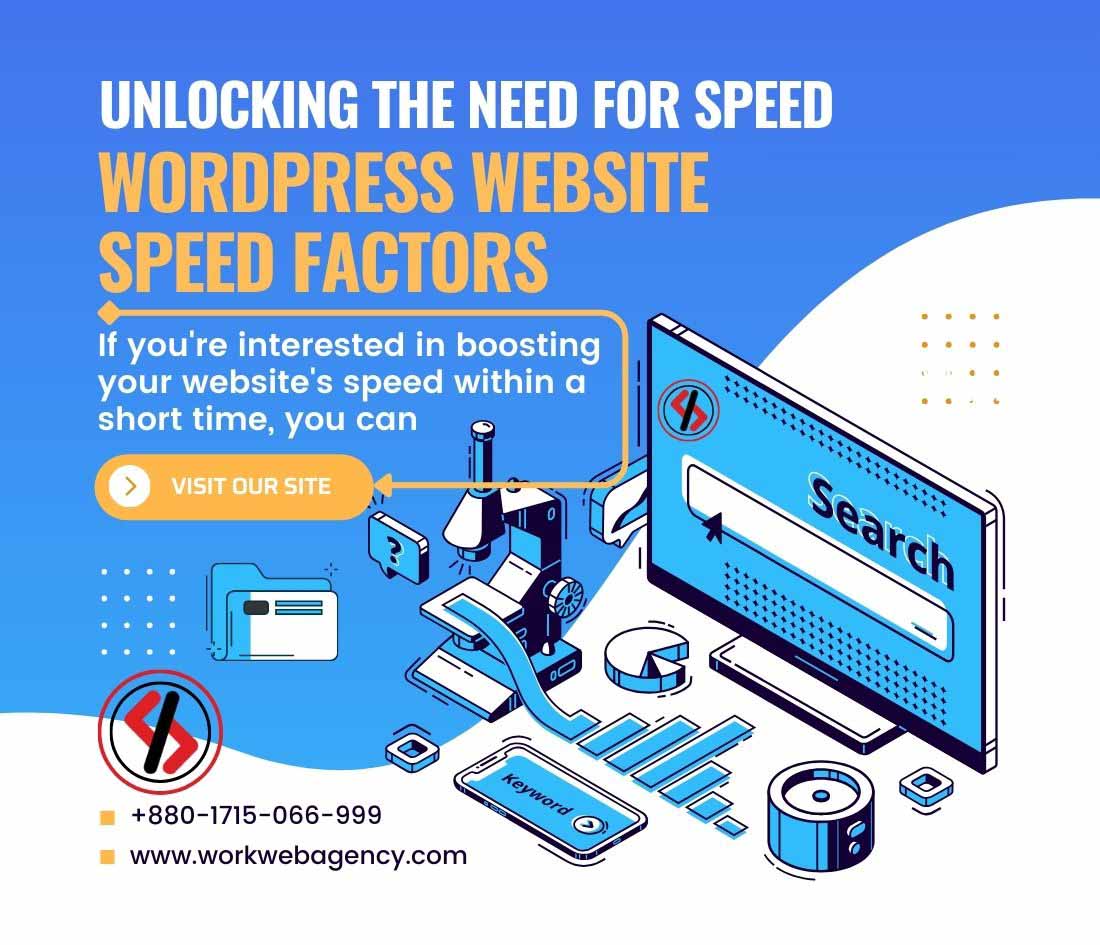Unlocking the Need for Speed: WordPress Website Speed Factors

Unlocking the Need for Speed: WordPress Website Speed Factors
In the fast-paced digital landscape, the speed of your WordPress website can be the difference between capturing your audience's attention and losing them to the abyss of slow-loading pages. With search engines placing increasing importance on website speed for rankings, it's crucial to optimize your WordPress site to deliver a swift and seamless user experience. Let's delve into the key factors influencing the speed of your WordPress website.
1. Required Sections:
If you want to reduce the DOM size, you need to reduce the length of your website. The homepage itself and even other pages should not have more than six sections. But keeping five sections gives much better results.
In no case should more than one carousel be used on a page. Using multiple carousels can seriously affect website speed.
2. Hosting Quality:
Your website's foundation lies in the hosting provider you choose. Opt for a reputable hosting company that offers optimized servers for WordPress. Shared hosting may seem cost-effective, but dedicated or managed hosting can significantly improve loading times.
3. Image Optimization:
Large images can be a major culprit behind sluggish websites. Compress and optimize your images without compromising quality using tools like Smush or ShortPixel. This reduces page size, allowing for quicker loading times and a smoother user experience.
4. Caching Mechanisms:
Implementing caching mechanisms is like having a shortcut to your website ready for visitors. Utilize caching plugins such as W3 Total Cache or WP Super Cache to store static versions of your pages, reducing server load and accelerating load times.
5. Content Delivery Network (CDN):
A Content Delivery Network disseminates your website's static files across various servers worldwide. This not only ensures faster loading times for users globally but also reduces the burden on your hosting server. Popular CDN services include Cloudflare and StackPath.
6. Minification of CSS and JavaScript:
Every line of code matters when it comes to website speed. Optimize your CSS and JavaScript files by eliminating unnecessary spaces, comments, and line breaks. This process reduces file sizes, making downloads quicker for your users.
7. WordPress Theme Optimization:
Choose a lightweight and well-coded theme for your WordPress site. Websites may experience slowdowns when using themes with excessive features and unnecessary elements. Stick to themes that prioritize performance and responsiveness.
8. Database Optimization:
Regularly clean up your WordPress database by removing unnecessary data such as revisions, spam comments, and transient options. Plugins like WP-Optimize can automate this process, ensuring your database operates efficiently.
9. External Scripts and Embedded Media:
Be cautious with external scripts and embedded media, such as videos and social media widgets. Limit their use, as each additional script or media element can contribute to slower loading times. Opt for asynchronous loading when possible.
10. PHP Version:
Ensure your hosting server is running the latest PHP version compatible with your WordPress installation. Upgrading to the latest PHP version can result in significant performance improvements.
11. Regular Monitoring and Maintenance:
Website speed is not a one-time fix; it requires continuous monitoring and maintenance. Regularly audit your site's performance using tools like Google PageSpeed Insights or GTmetrix. Address issues promptly to keep your website running smoothly.
By paying attention to these WordPress website speed factors, you can create a faster, more enjoyable experience for your visitors while positively impacting your search engine rankings. Stay vigilant, embrace best practices, and let your website zoom to success in the fast-paced online world.
If you're interested in boosting your website's speed within a short time, you can Contact Us.
FAQs:
How often should I update my WordPress site for optimal speed?
Regular updates are recommended, at least once every few weeks, to ensure you have the latest performance improvements and security patches.
Can I use multiple caching plugins for better speed?
It's not advisable. Using multiple caching plugins can lead to conflicts and negatively impact your site's performance. Stick to one reliable plugin.
Do CDNs work for small websites too?
Yes, CDNs are beneficial for websites of all sizes. They can improve speed by distributing content closer to users, regardless of the site's scale.
What's the impact of a responsive theme on mobile speed?
A responsive theme ensures that your site adapts well to various screen sizes, positively impacting mobile speed and user experience.
How can I identify and fix database issues affecting speed?
Use WordPress database optimization plugins to identify and address issues such as inefficient queries and unnecessary data, improving overall speed.
Will too many plugins slow down my WordPress site?
While plugins can impact speed, it's about quality, not quantity. Choose well-coded, essential plugins, and regularly review and deactivate any unnecessary ones.
How can I troubleshoot if my site's speed suddenly decreases?
Conduct a thorough review of recent changes, such as plugin updates or new content. Utilize speed testing tools to identify specific issues and take corrective action.
What role do external scripts play in website speed?
External scripts, such as those from third-party services, can impact loading times. Consider optimizing or deferring these scripts to improve overall site speed.
Does the choice of a content management system (CMS) affect website speed?
Yes, the CMS can impact speed. WordPress is optimized for performance, but efficient usage and proper optimization are crucial for maintaining fast load times.
Can I achieve a perfect Google PageSpeed score?
While perfection may be challenging, consistently striving for improvement is key. Aim for a well-balanced, fast-loading website, as opposed to fixating on a perfect score.




